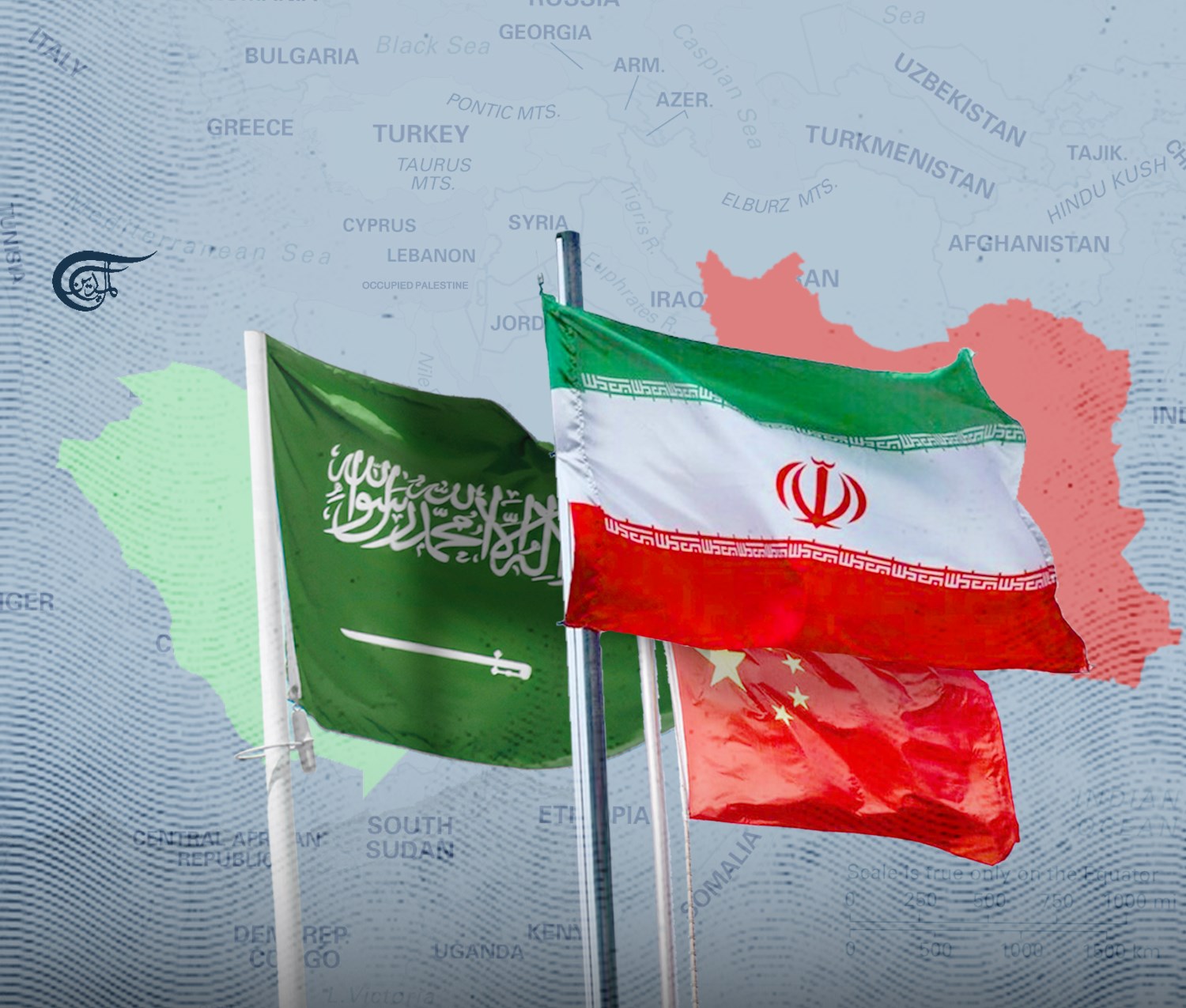Cautious optimism for Saudi-Iranian détente
By attempting to bridge the diplomatic void between two key allies in the Middle East, the China-mediated effort merits sufficient optimism for the region’s future.
Recently, China, Iran, and Saudi Arabia issued a major trilateral joint statement in Beijing, which called for a revival in Saudi-Iranian diplomatic relations and the reopening of their embassies at an important juncture. The China-brokered diplomatic breakthrough should be seen as the result of delicate, objective consensus-building that follows a multiyear process of coordinating priorities. At the same time, it also represents a process where consolidation of trust was seen as key to embracing prospective results, such as discussions on enhancing bilateral relations as endorsed by Tehran and Riyadh. “The three countries announce that an agreement has been reached between the Kingdom of Saudi Arabia and the Islamic Republic of Iran, that includes an agreement to resume diplomatic relations between them and re-open their embassies and missions within a period not exceeding two months,” read the joint statement.
By attempting to bridge the diplomatic void between two key allies in the Middle East, the China-mediated effort merits sufficient optimism for the region’s future, especially at a time of seismic shifts in the world order.
First, the trilateral agreement is significant because it underscores the utility of a Saudi-Iranian diplomatic thaw to “enhancing regional and international peace and security” at large. Since the 2016 tensions gathered steam, countries have taken several principled positions against any broad-based escalation in regional tensions, and such principled advocacy has been a fixture of Iran’s foreign policy. Beijing’s own championship of credible peace and development for years has now put a valuable floor beneath a multiyear negotiation process, presented in the form of the deal.
Anticipations are aplenty for Tehran and Riyadh to discuss the specifics of getting official representations on track in each other’s capitals. Succeeding that bilateral momentum with a regional summit reportedly between Gulf countries and Iran could also add to more positive signaling through Chinese facilitation.
As such, a revival in consequential Saudi-Iranian ties is a lesson in result-oriented mediation, especially when the process is representative of regional and international peace aspirations. “The post-US phase has started in the Gulf region with the Iranian-Saudi agreement,” said Major General Yahya Rahim Safavi, advisor to the Iranian leader for military affairs. “The agreement is in the interests of the two countries and the Western Asia region,” he added.
High praise from the chair of the Organization of Islamic Cooperation (OIC)’s Council of Foreign Ministers further reinforces the value of encouraging more “dispute resolution” rather than “perpetual disputes.”
One must also understand that Riyadh and Tehran’s planned reopening of embassies within two months is one of many timely wins for the landmark negotiation process. Oman and Iraq’s earlier facilitation of the Iran-Saudi talks provided compelling evidence that cooperative mediation and sustained diplomatic support can effectively recalibrate key perceptions between the two states.
Thus, amicable Iran-Saudi ties are a pivotal consideration for cultivating long-term prosperity in the Middle East, underlining the agreement’s success in finessing “hotspot” issues. As the United Nations spokesperson Stéphane Dujarric noted, there is “a lot of potential in the rapprochement” between Iran and Saudi Arabia through the China-brokered deal, particularly when the absence of such a victorious dialogue for years added to regionwide “tensions and challenges,” putting the emphasis on follow-up ministerial talks to drive the early consensus into full implementation.
The follow-up to the historic détente will be an effort to activate a high-level Saudi-Iranian diplomatic exchange with the full support of all three parties. Optimism for constructive engagement is ample for several reasons. First, it is clear by now that a three-year-long process of de-escalation has marked the build-up to the landmark restoration consensus in Beijing, providing ample incentive to both sides to build on hard-won momentum.
Scores of powerful regional players have also willingly put their weight behind the deal, indicating the well-rounded contours of peacebuilding as opposed to divisive Western policies aimed at cultivating discord. In turn, the deal itself speaks volumes about China’s credible and neutral engagement with both Saudi and Iranian leaderships, in a bid to ensure that the pact remains aligned with the principles and objectives of the United Nations Charter.
Taken together, the China-brokered deal puts undue skepticism about a cautious Iran-Saudi thaw to rest and prepares the ground for more guardrails in one of the most consequential in the Arab world. Greater endurance to that end is critical to weighing in on conflict hotspots, standing against Western interference in the Arab world and coordinating priorities “in the interests of the two countries.”
Riyadh and Tehran’s overt recognition of cautious peacebuilding optimism is a pivotal reminder that constructive mediation can deliver much-needed results for the West Asian region. In the words of Wang Yi, director of the Office of the Foreign Affairs Commission of the Communist Party of China (CPC) Central Committee, this should be seen for what it is: “a victory for dialogue, a victory for peace.”

 Hannan Hussain
Hannan Hussain
 5 Min Read
5 Min Read










